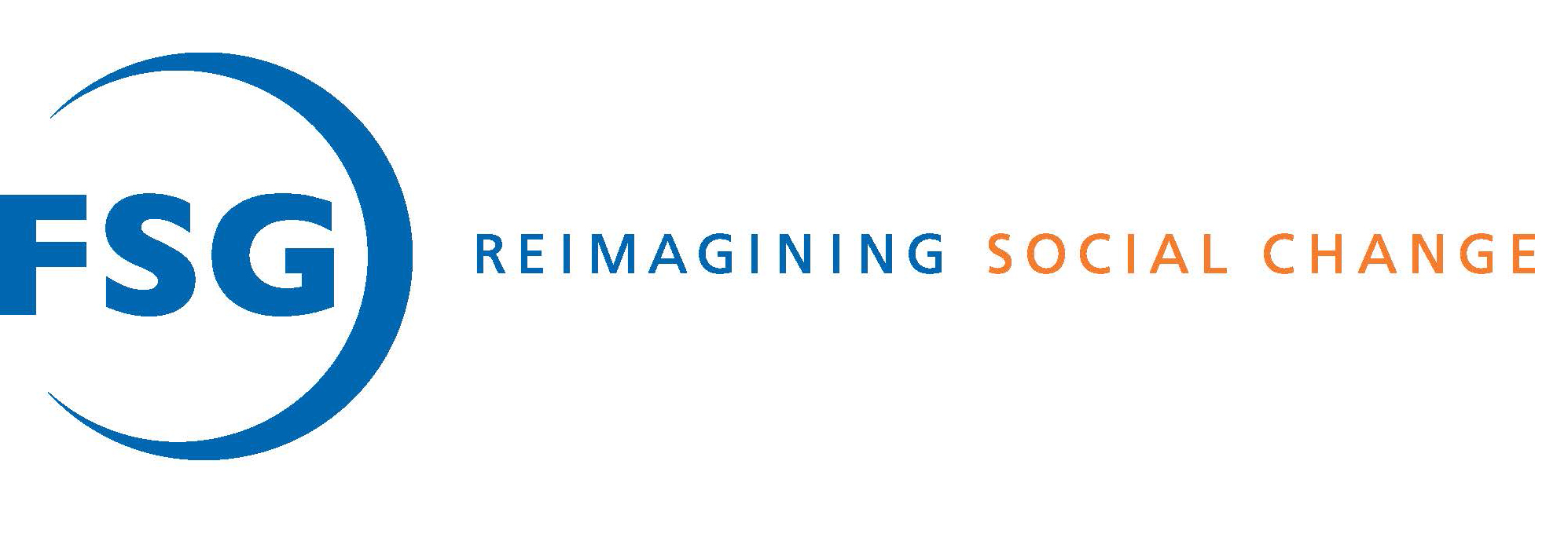Entry-Level Retention Makes a Billion Dollar Difference for Business and Society

Entry-Level Retention Makes a Billion Dollar Difference for Business and Society
In the years since the Great Recession, unemployment levels have fallen across the United States, while economic growth in the country has rebounded. As a result, competition for entry-level talent is growing, and many employers are struggling with rising employee turnover. We estimate that the U.S. retail industry lost more than $9 billion to voluntary entry-level turnover in 2016.
While the pressure to find and keep talent is felt by employers large and small, FSG’s research over the past year identified a number of companies that are creating business and social value by investing in their entry-level talent.
Take Wegmans Food Markets, a regional grocery store chain in the U.S. They have invested in training and retaining their employees for decades. In 2017, their employees voted them onto Fortune’s “Best Places to Work” list for the 20th year in a row. This year they are #2 on the list. One Wegmans leader explained their success this way: “We sell groceries, but we’re in the people business.”
This people-centric way of doing business has both financial and societal rewards. Companies that are “winning the war for talent” are not just investing in their executives. They are investing in their frontline, entry-level employees, particularly those who have faced barriers to economic opportunity. That investment pays off in the form of reduced recruiting and training costs, a stronger internal talent pipeline, improved retention and advancement, better customer service, and a stronger company culture. Investing in entry-level workers creates greater job stability and more opportunities for advancement for employees, contributing to a more economically vibrant society. This successful return on talent investment is an approach called impact hiring.
Wegmans isn’t the only company that has adopted an impact hiring approach. In our research—which was funded by Walmart for the benefit of nonprofits, foundations, workforce organizations, and employers—we found a wide range of pioneering companies that are creating business advantage through hiring, retaining, and developing individuals who face barriers to economic opportunity.

